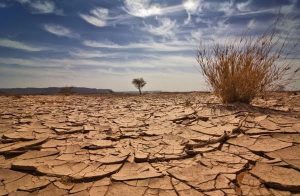Nigeria’s government-operated Transmission Company, the TCN, has said it would rely on some of the 14 upcoming solar power plants in the country to lift the low level of voltage experienced in states in the northern region when they eventually come on board.
TCN said its expectations were high on this, considering that a good number of the plants would be built in the northern region which does not have as much power generating plants as the southern region.
It said the limited number of power plants in the region meant that voltage sent to it was regularly low, and that the addition of capacities from the solar plants to the mix would boost the voltage of the region.
TCN’s Managing Director, Dr. Atiku Abubakar said this during a recent management retreat of the company in Abuja.
He said: “We still experience low voltage in the north due to large concentration of power plants in the south. We need more plants up north, and we hope that the solar plants in the worth will greatly improve the voltage in the north because 70 per cent of them (solar plants) are located in the north and they could come up by the year end.”
While Nigeria’s national grid comprises of 330 kV and 132 kV circuits and substations, it has all of its thermal generation stations located in the south, generally near to the sources of gas, and the hydro power plant located up north at Jebba, Kainji and Shiroro.
The country also in July 2016, signed power purchase agreements (PPAs) with 14 private investors who would invest about $2.5 billion to build solar power plants in states, mostly up north, as part of its energy diversification drive.





